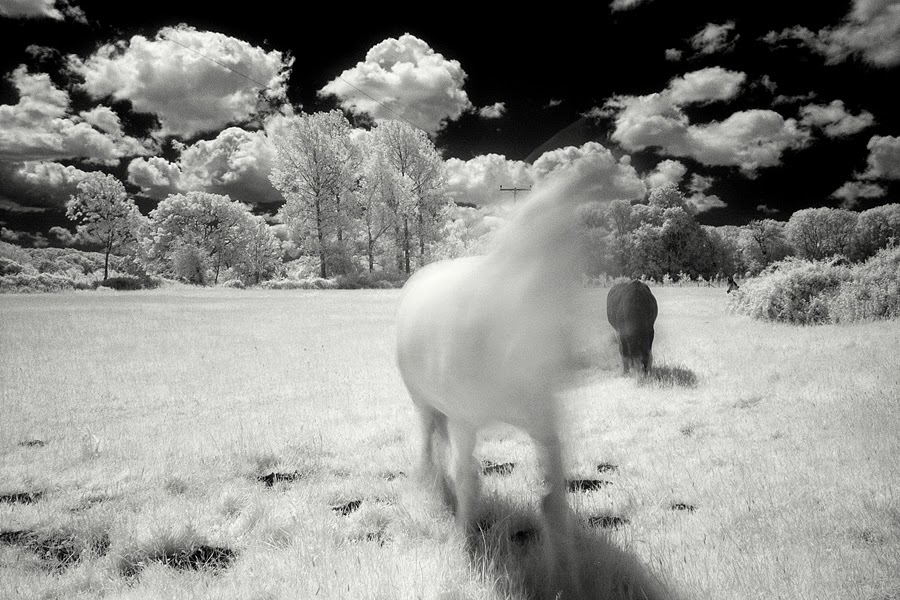The Cure for Depression
(or: “Can’t you just. . . ?”)
NOTE. Whenever mental illness pushes its way to the public forefront, a thing we all seem to want to shove back as hard as possible, for one brief shining moment people have all sorts of good intentions about being sensitive, being compassionate, listening, etc. I am here to tell you that it is ALL BULLSHIT and that practically NO ONE practices any of it. Instead, the depressed person is bossed around, due to the non-depressed person's primal terror of their friend's perceived weakness and loss of control. When Robin Williams destroyed himself, I saw things on Facebook that made me want to howl: "Oh well, he was just a whack job anyway. It was only a matter of time." Our free use of terms like "nut job" and "whacko" reveal the horror and contempt we feel for anyone suffering from ANY form of mental illness.(At the same time, we mouth certain pre-recorded words such as, "We need to reduce the stigma around mental illness.") As with the Black Plague, we fear contagion. We'd rather put these people in the stocks in the public square and throw rotten apples at them. But since that is "uncivilized", instead we tell them "helpful" things like the following - and it is, of course, all for their own good.
“It’s all in your mind.”
“You just need to give yourself a good swift kick in the rear.”
“No one ever said life was fair.”
“I think you enjoy wallowing in it."
“Pull yourself up by your bootstraps.”
"There are a lot of people worse off than you.”
“But it’s a beautiful day!”
“You have so many things to be thankful for!”
“You just want attention.”
“Happiness is a choice, you know.”
"Just read this book. It'll fix you right up."
"Just read this book. It'll fix you right up."
“There is always somebody worse off than you are.”
“You should get off all those pills.”
“You are what you think you are.”
“Cheer up!”
“Have you been praying/reading your Bible?”
"People who meditate don't get depressed."
"People who meditate don't get depressed."
"Don't you have a sense of humour?"
“Most folks are about as happy as they make up their minds to be.”
“Get a job!”
“Smile and the world smiles with you, cry and you cry alone.”
"Just read this book. It'll fix you right up."
"Just read this book. It'll fix you right up."
“But you don’t look depressed. You seem fine to me.”
“Snap out of it, will you? You have no reason to feel this way.”
“I wish I had the luxury of being depressed.”
“That which does not kill us makes us stronger.”
"Just read this book. It'll fix you right up."
"Do you want your family to suffer along with you?"
"Just read this book. It'll fix you right up."
"Do you want your family to suffer along with you?"
“Believe me, I know exactly how you feel. I was depressed once for several
days.”
“Turn it over to your Higher Power.”
“I think your depression is a way of punishing us.”
“So, you’re depressed. Aren’t you always?”
“What you need is some real tragedy in your life to give you perspective.”
“You’re a writer, aren’t you? Just think of all the good material you’re getting
out of this.”
out of this.”
“Have you tried camomile tea?”
"I TOLD you to read that book."
"I TOLD you to read that book."
“Go out and help someone who is worse off than you and you won’t have time
to brood.”
to brood.”
“You have to take up your bed and carry on.”
“Well, we all have our crosses to bear.”
"I was depressed until I tried yoga."
"I was depressed until I tried yoga."
“You don’t like feeling that way? Change it!"
“SMILE!”
Order The Glass Character from:
Thistledown Press
Amazon.com
Chapters/Indigo.ca









































